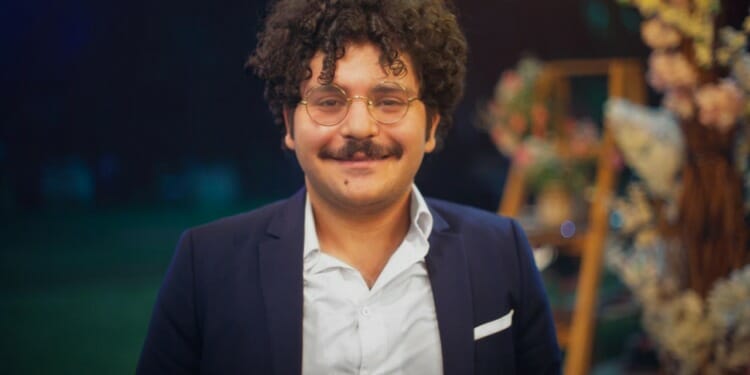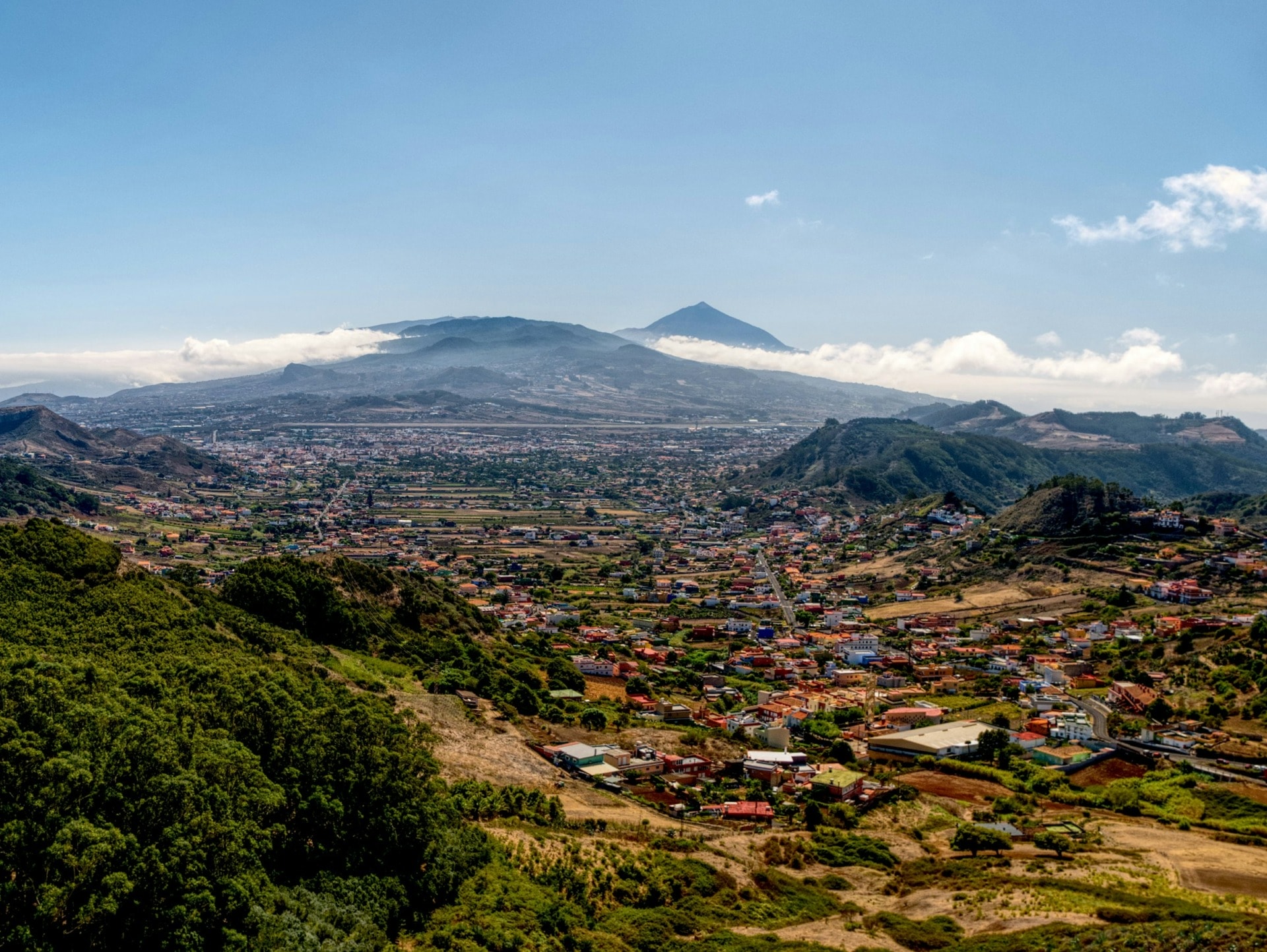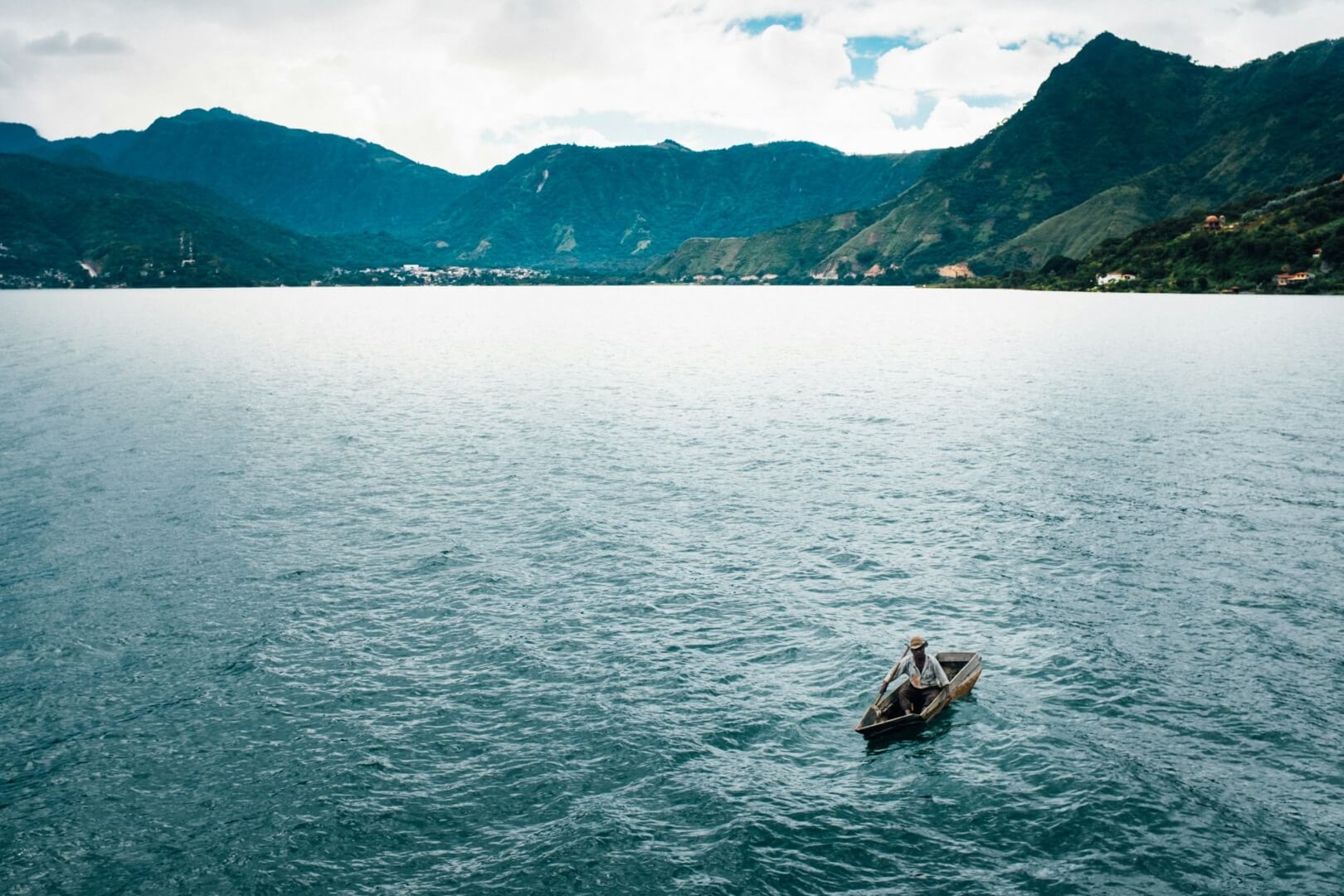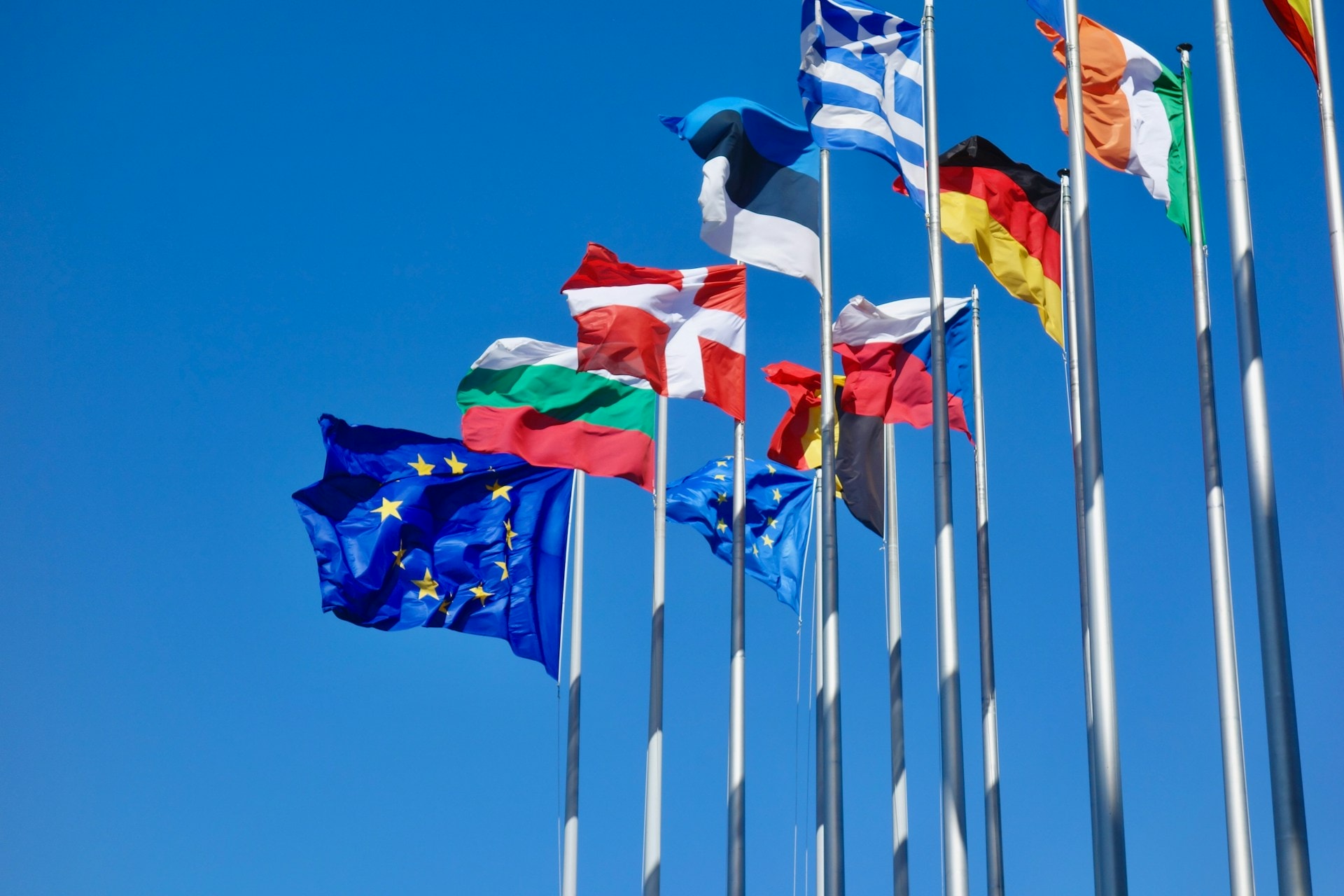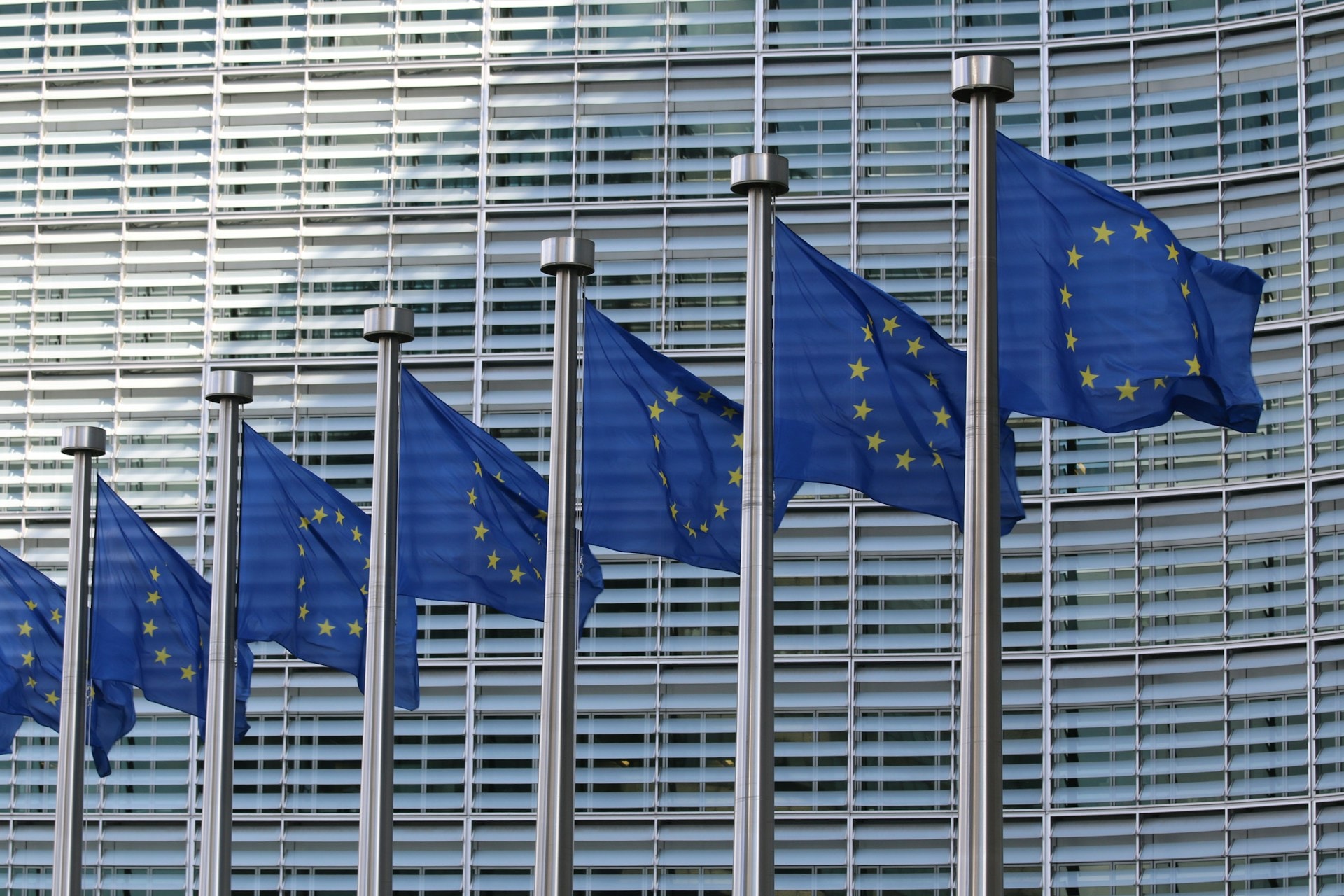Patrick George Zaki, an Egyptian student and activist, was released from jail this week, after 22 months in detention, providing what might only be momentary relief. Zaki was arrested in February 2020, after landing in Cairo International Airport. He was intending to visit his home country for a short while, before returning to Italy, where he had been studying. The arrest was part of the Sisi regime’s continued suppression of dissent and criticism.
Sisi, coming to power as a result of a military coup, saw 1000 peaceful protesters murdered in 2013, in what was later dubbed the Rabaa massacre. The Sisi’s regime, to maintain its power, kills and tortures indiscriminately, very often targeting the political opposition, the Muslim Brotherhood. It has not spared children, attacking the Muslim majority and Coptic Christians represented by Zaki.
The release follows international backlash against the arrest, which triggered memories of another international incident involving an Italian Student in 2016, Giulio Regeni. Regeni was tortured and murdered by Egyptian Security Forces, who allegedly believed that Regini was a spy.
🇪🇬#Egypt: Patrick George Zaki has been released on Dec. 8 after 22 months of arbitrary detention but is still facing charges of "spreading false news".
📣We welcome his release but call on the authorities to immediately drop all charges against him!
👉https://t.co/okXG1wga22 pic.twitter.com/kYrbScaPtU— The Observatory (@OBS_defenders) December 9, 2021
The 28-year-old Regini, who was researching trade unions for a thesis whilst in Egypt, had been critical of the Sisi regime in Facebook posts, describing the unions as “the only remaining force in civil society.” He feared that he might be deported for the sensitive nature of his research. Sisi’s regime has to this day denied responsibility for the disturbing incident, which ended with Regini’s body dumped on a highway, blaming the death on gang violence.
Zaki, like Regini, is an academic, and attracted the attention of the regime after having written an article that was considered critical of the Sisi administration. Regini’s family has declared support for Zaki, and he has garnered the support of much of the Italian public, sparking demonstrations, with thousands of Italians signing petitions advocating his release. Italy’s senate has also voted to confer citizenship on Zaki, in an effort to afford him diplomatic support.
Zaki is still due to face trial, caught up in Sisi’s farcical “war on terror,” the pretense used by the regime to quell dissent
Sisi’s regime, supported at various points by a number of western powers, has since 2013 jailed over 60 000 civilians in a brutal crackdown on political dissent. Many, like Zaki, were arrested under the guise of “counter-terrorism.”
Although Zaki’s release was met with relief, the charges against him have not been dropped. His trial was postponed to February 2022, in order to give the prosecution and defense lawyers time to prepare arguments. He may, following the trial, be charged and detained for a considerable amount of time.
The charges include: “calling for protests without permission”, “spreading false news” and “inciting violence and terrorism.”
In September of this year, Patrick George Zaki's trial on charges of "spreading false news inside and outside of the country" before an emergency state security trial began. He is being prosecuted for a @Daraj_media article he wrote in 2019 about life as a Coptic Christian. pic.twitter.com/LxIhzsjOOs
— Mai El-Sadany (@maitelsadany) December 7, 2021
Terrorism under Egyptian law has been re-defined in order to refer to all forms of political dissent. Sisi routinely denies that there are political prisoners in Egypt, despite the imprisonment and unfair mass trials of members of the largest political opposition group, the Muslim Brotherhood, who have faced execution and state-sanctioned extrajudicial killing.
Egyptian terror laws, introduced by Sisi’s regime, allow anyone to be kept without charges or evidence in pre-trial detention, for up to two years. Although Zaki was released before the two years was up, many have been detained for even longer, flouting both domestic and international law.
Al-Jazeera journalist, Mahmoud Hussein, who was released in February after 4 years, was arrested under similarly arbitrary and unfounded charges. Security forces exploited a legal loophole, by releasing him after two years and promptly re-arresting him.
The torture Zaki experienced is routine practice under Sisi’s regime, used to extract false confessions
Many, also like Zaki, have experienced torture alongside arbitrary detention in austere conditions. Amongst other abuses, Zaki reports being electrocuted, a routinely administered means of interrogation employed by Egyptian security forces, used to extract false confessions.
The Sisi’s regime tradition of torture is so central to the practice of their security forces, that it has extended to the hundreds of children it has detained since 2013, some as young as 12. According to a Human Rights Watch report from 2020, they are often arrested without reason, or for attending peaceful protests against the Sisi Regime.
Ahmed Saddouma, who was arrested at 17, is believed to have been targeted after attending a peaceful protest along with his football team. Whilst in detention he was beaten and tortured, forced to confess to a crime that had occurred while he was in detention, which is of course impossible. He was sentenced to death, but his case received the attention of Reprieve, a UK-based human rights organisation, who helped appeal the sentence, reducing it to 15 years in prison.
Related articles: The Threat to Human Rights Posed by Anti-Terrorist Laws after 9/11 | Killing Him Softly: Mohamed Morsi’s Death and the Future of Egypt
According to Human Rights Watch, the torture documented against children in police custody includes: “Horrific accounts of what happened to them include being suspended from ceilings until their shoulders dislocate, beaten repeatedly, tortured with electric shocks, and forced into stress positions.”
The Sisi regime’s liberal use of execution is frightening, given the unreliability of its courts, which Zaki will have to face in February 2022
Sisi’s alleged fight against terrorism has helped to facilitate an unprecedented rate of execution. In 2020, Egypt had the world’s third-highest usage of death penalty, weaponised against the political opposition and critics of the Sisi regime. The victims have included children.
In 2019, Reprieve, mentioned earlier, created a death penalty index identifying 12 boys under the age of 18 that were sentenced to execution. The charges against them were, like Zaki’s, entirely baseless or ill-evidenced, or punishment for participation in peaceful protests. The parents of some of the boys reported that signs of severe torture, done in order to force a confession out of them.
A 2016 video from a trial that saw 12 young men sentenced to death, exposed the unreliability of Egyptian court judgments and explains why many are concerned about the outcome of Zaki’s upcoming trial, despite the weakness of the prosecution’s case:
As can be seen in the video, three men explain to the court how the confessions, the basis on which they were being convicted, were extracted as the result of torture. A “forensic report” had apparently found no evidence of torture, despite the fact that their bodies still bore the marks of torture on them. A result, inter alia, of the Egyptian security forces widely known use of electrocution.
The lackluster international response – a reflection of the power of the arms lobby in Western democracies
Earlier this year, in what was dubbed a “rare international rebuke” by the Guardian, 31 UN member countries issued a statement that condemned Egypt’s “application of terrorism legislation against peaceful critics,” and demanded safety for political opposition, journalists, human rights activists and others.
However, the United States, which supported the statement, continues to bolster the regime, offering 1.3 billion dollars in security aid a year. This year, for the first time, $130 million dollars were withheld to be delivered only once Cairo addresses some human rights concerns.
https://youtu.be/uQTluFRs5e0
Italy this year delivered a second warship to Egypt, as part of an arms deal initiated in 2020, despite local protests.
France’s Macron has refused calls to halt arms sales to Egypt or condition them on the requirement that Sisi addresses his ongoing human rights abuses. Egypt relies heavily on France for its arms supply, where Sisi was received by Macron last month.
In a speech delivered late last year defending his association with the dictator, Macron referred to Sisi as an ally in the fight against “terrorism,” a fight that has led to the execution of thousands of civilians, and now threatens Patrick Zaki.
The utility of international coverage and global public pressure
Zaki’s release, despite the refusal to drop charges against him, demonstrates that the Sisi regime is susceptible to international pressure. High-profile cases, like that of Regeni, which attract international attention, have become an embarrassment for Sisi. Activists have labeled Zaki’s release as an attempt to “whitewash” the regime.
Ahmed Al-Attar, a human rights activist, speaking to the Middle East Monitor, noted that “Sisi would like to have a good reputation in the world and the news of Patrick’s release will now be published in Italian and European newspapers.”
However cynical the intentions of the Sisi regime, the incident proves the effectiveness of international coverage and attention. It should be taken as an encouragement to vocally protest the systematic abuse of tens of thousands of Egyptians under Sisi’s watch, and call for the people’s choice of governance to be heard.
Editor’s Note: The opinions expressed here by Impakter.com columnists are their own, not those of Impakter.com. — In the Featured Photo: Patrick George Zaki. Photo Credit: Egyptian Initiative for Personal Rights.


